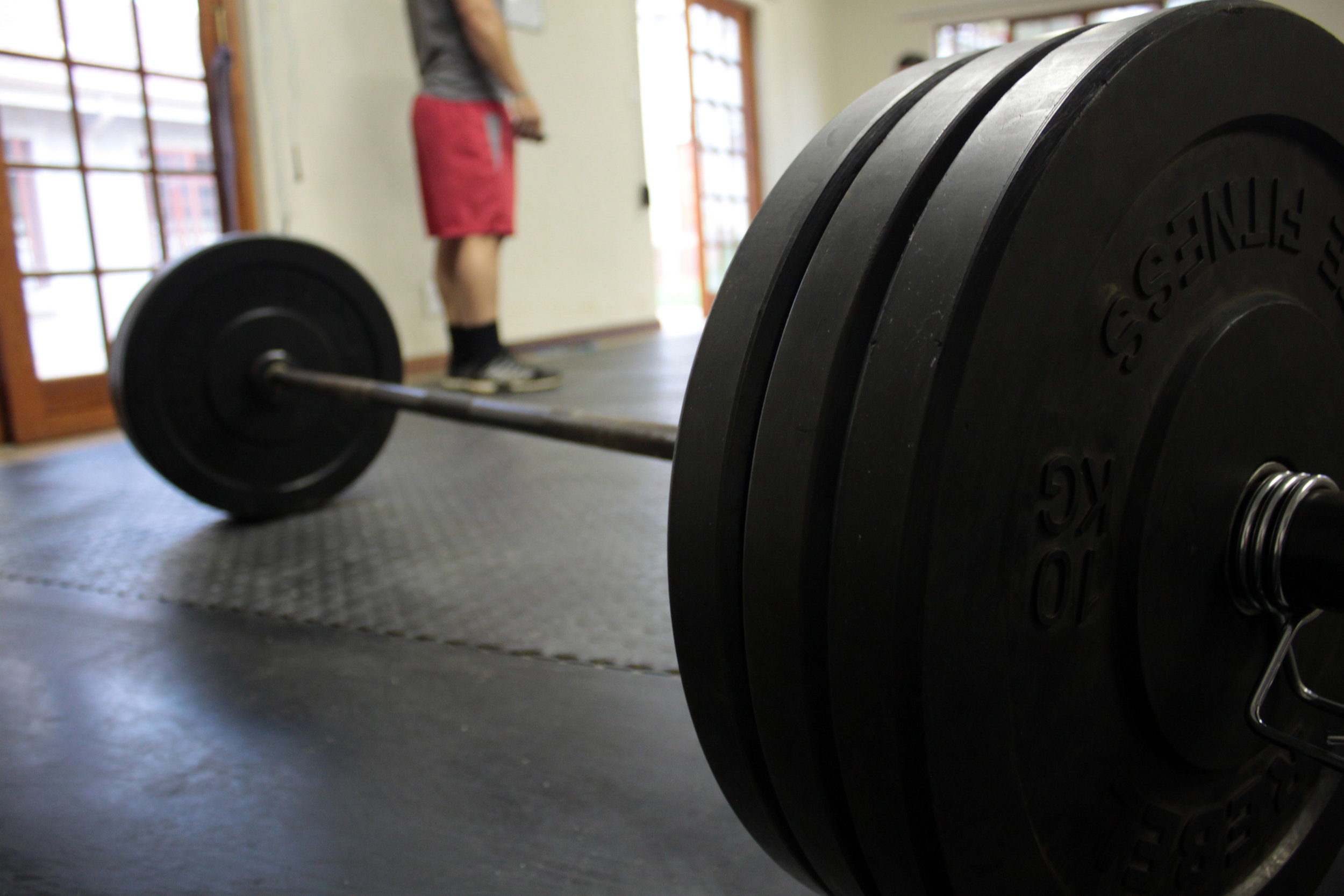

Detraining, Retraining, And Not Sitting Still
Taking a break or having to ease up on your training doesn’t mean that you’ll immediately lose all of the gains you’ve been making. It takes longer than we think to lose the strength, muscle, and endurance we’ve built. Even when do we lose some, it’s not as difficult as we think to get it back.

Fitness for 'Anti-Aging'
“Health” is an often overlooked aspect of the health and fitness industry, which tends to prioritize young fit individuals over the actual needs of older individuals training for health. As we age, the normal process is for aging to undo a lot of our hard earned gains, but we can age gracefully by keeping up the right routine. To optimize for health, you probably need to work out a lot less than you think.
How To Avoid Loss of Progress During Time Off
It’s harder to lose muscle mass than we think it is, people can go up to a month off without noticable muscle mass loss. Strength is harder to maintain in off periods, but once training resumes, strength quickly returns. The most important thing you can do, whether your break is due to traveling, injury, or something else, is to continue doing whatever physical movement you can until you training starts again.

When And How To Deload The Right Way
Deloads are one of the most valuable tools the lifter has to combat over-exercising and manage recovery within a long-term training plan, but you have to know how and when to use them properly. Here’s how.

What Are Diet Breaks? And How To Use Them.
What are diet breaks? The little-known concept of a diet break revolves around planned periods of going off diet - and now, research supports that diet breaks will even enhance your results versus continuous dieting.
